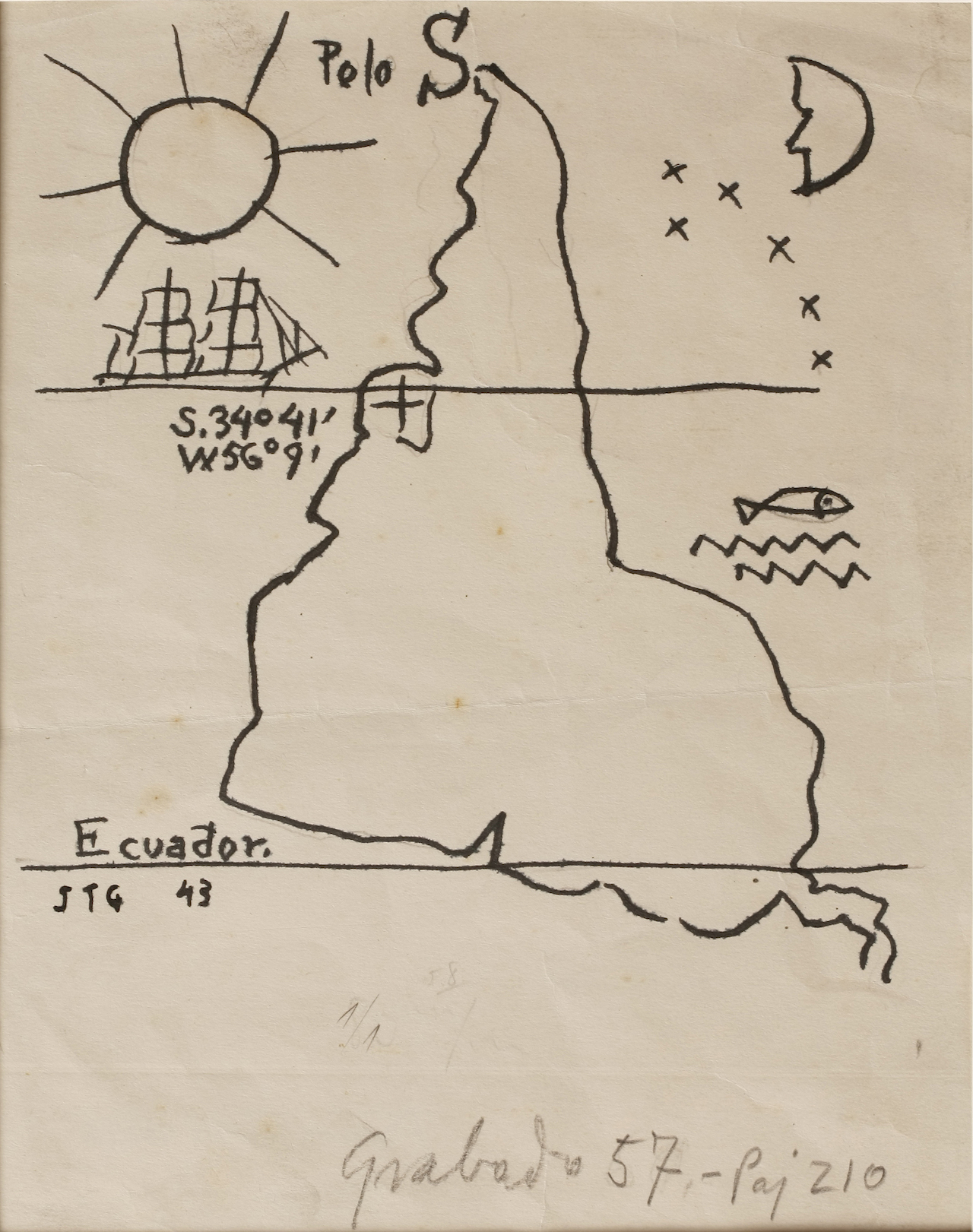Theorizing the Curriculum
DOI:
https://doi.org/10.14288/tci.v14i1-2.189966Keywords:
neoliberal rationality, standardization, curricular innovation, enterprise, academic freedoms.Abstract
Neoliberal rationality, through the enterprise model, produces subjectivities guided by the principle of competition. In the struggle to succeed in the market, the participants are solely responsible for each participant's success. Thus, neoliberalism promotes the idea that the social destiny of individuals is a product of the management that they make of their trajectory. This article theorizes how this idea currently permeates the field of the curriculum in which, hand in hand with international organizations, mercantilist thinking passes through curricular proposals that promote standardization as a necessary condition for the achievement of the learning required to succeed in the 21st century; an approach that in higher education is expressed in the creation of standards that certify the quality of curricula. However, the design of parameters to be followed does not ensure full implementation of curricular reforms. Rather than being based on the models envisaged, the scope of the curricular change processes responds to the set of diverse practices that constitute the curriculum. Between the ideas and experiences of the curriculum, there is a transition shaped by the experiences of the subjects, regional contexts, biographies, institutional history, etc. Within this scenario, it is the teacher's active and conscious participation that allows us to maintain the coherence of the curricular project developed. Paradoxically, from the enterprise model, academic and intellectual freedom of teachers is allowed and favored according to innovation as a standard for maximizing school results.Downloads
Published
2017-12-28
Issue
Section
Special Issue Articles


